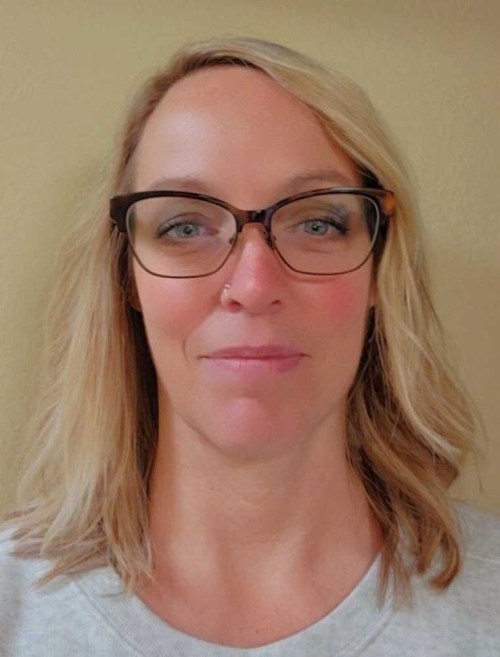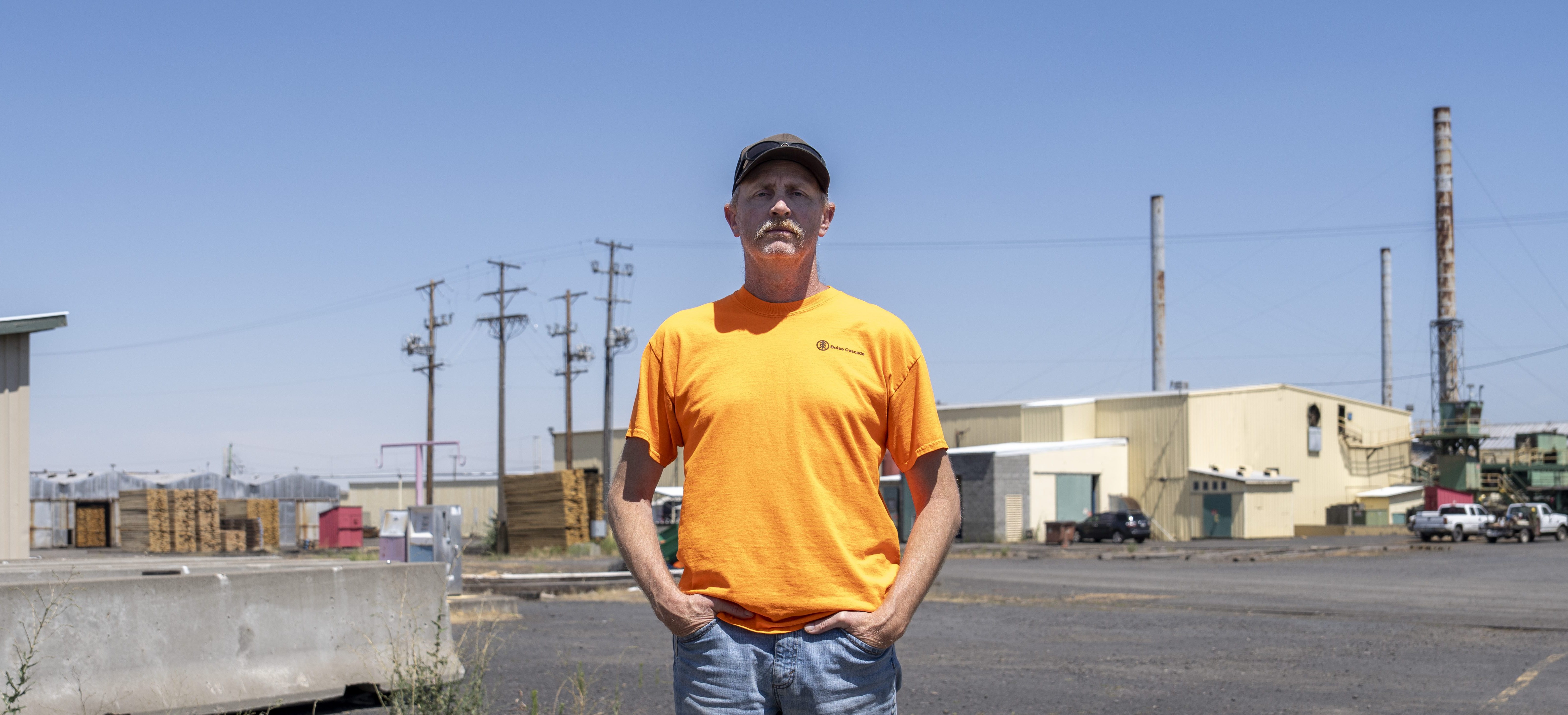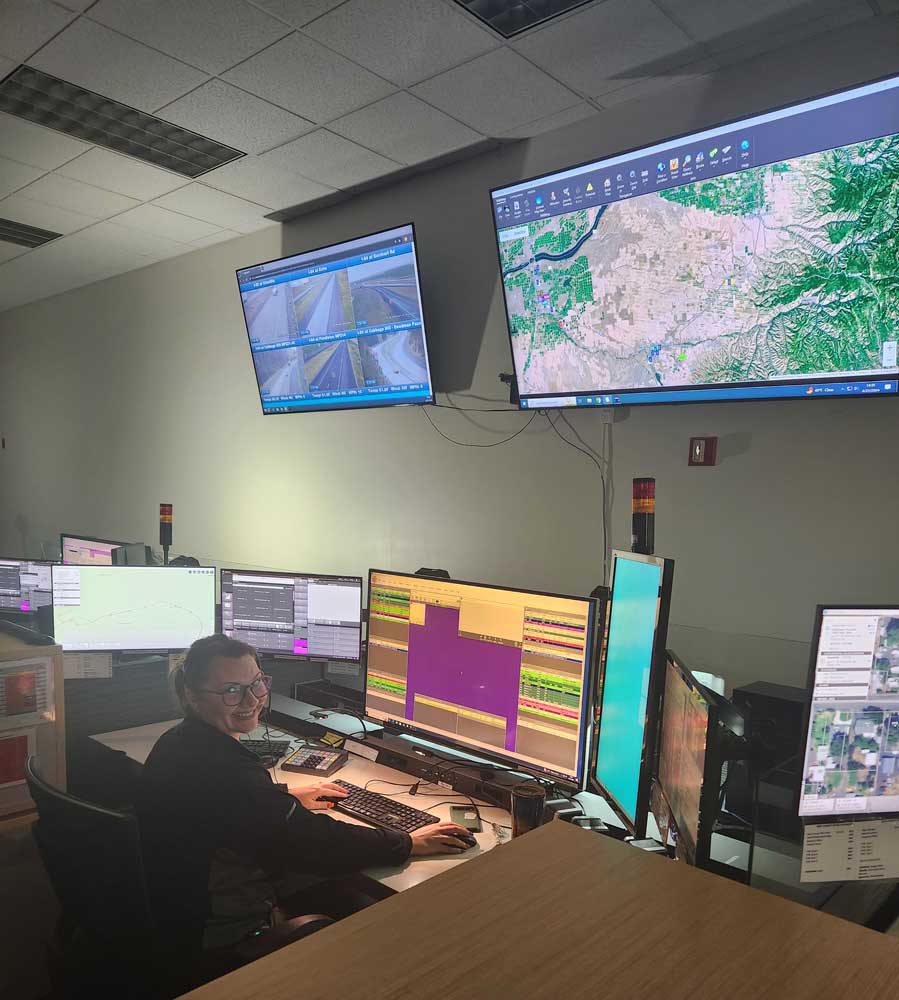Other views: Measure 110 has us on the right path
Published 7:00 am Saturday, November 13, 2021

- Ashton-Williams
Oregonians voted Measure 110 into law exactly one year ago this month.
Here’s how it’s already making a difference in Eastern Oregon and beyond.
Trending
Oregonians voted Measure 110 into law, passing it by a 17-point margin and sending the strong message that we want drug use treated as a health issue — not a crime. The measure passed in communities both large and small, urban and rural, progressive and conservative. The law decriminalized all drugs, while offering up a compassionate, science-based approach to treating drug use.
Why did Oregonians across the political spectrum embrace this bold new approach? I believe it’s because we have all personally experienced the heartbreak of Oregon’s addiction crisis, either ourselves or through the experience of someone we love. Too many of us know what it’s like to lose someone to addiction.
For more than 50 years, the U.S. has criminalized people for using drugs, yet the rate of people dying from drug overdoses continues to increase at heartbreaking levels. In our small, close knit community, we see the very real impacts of this nationwide crisis on our friends, neighbors, co-workers and fellow community members. Measure 110 alone cannot fix this nationwide crisis but it’s an important tool for how we stop treating addiction as a moral failing deserving of punishment, and start treating it as a health issue deserving of medical care.
The first round of Measure 110 grants were distributed a few months ago, immediately instilling Oregon’s behavioral health system with desperately needed funds to increase access to overdose prevention and addiction recovery services across the state. The Oregon Washington Health Network was one of 70 organizations funded. Measure 110 funds have allowed us to expand in areas where our community desperately needs support, services and, perhaps most of all — hope. We’ve opened three new drop-in peer centers: one in Pendleton, one in Hermiston and one in Milton-Freewater. These centers will offer low-barrier access to addiction recovery services for people struggling with substance use. Connecting those struggling with addiction with peers who have “lived experience” (typically defined as a person who has a personal history with recovery and addiction) is essential to many a person’s recovery journey. Peers make it easier to open up and share, to relate to others, and they can even help them chart a path to recovery.
Our drop-in centers also serve family members. The loved ones of people in crisis often don’t know where to turn for support or what they should do to help them. Peers can help family members understand their role in their loved one’s recovery journey.
Our story is not unique. In just the first year of this law being approved by Oregon voters, $30 million in grants and extended contacts have already been distributed to providers across the state. Overdose prevention and addiction recovery services have been funded in 26 counties. 33 service providers have been able to expand services for the indigent and uninsured. 52 organizations hired peer support specialists. 32 service providers added more recovery, supportive and transitional housing services. 30 organizations have increased overdose prevention services. That’s impressive when you consider that this new program is barely off the ground.
Trending
For more than 50 years our country has tried and failed to criminalize its way out of a national addiction and overdose crisis. Oregon communities have been denied proper access to addiction recovery services for so long that it’s going to take some time before we feel the full positive impacts of this new law. We’ve got a lot of people who have, for far too long, fallen through the cracks. We’re working hard to meet the tremendous need, ensuring there is no wrong door when it comes to accessing critical care.
As a provider I can tell you that I now have hope for Oregon’s ability to meet this crisis head on. So, happy one year anniversary, Measure 110. We’ve got a long way to go but now, finally, we’re on the right path.
Do you have a point you’d like to make or an issue you feel strongly about? Submit a letter to the editor or a guest column.









